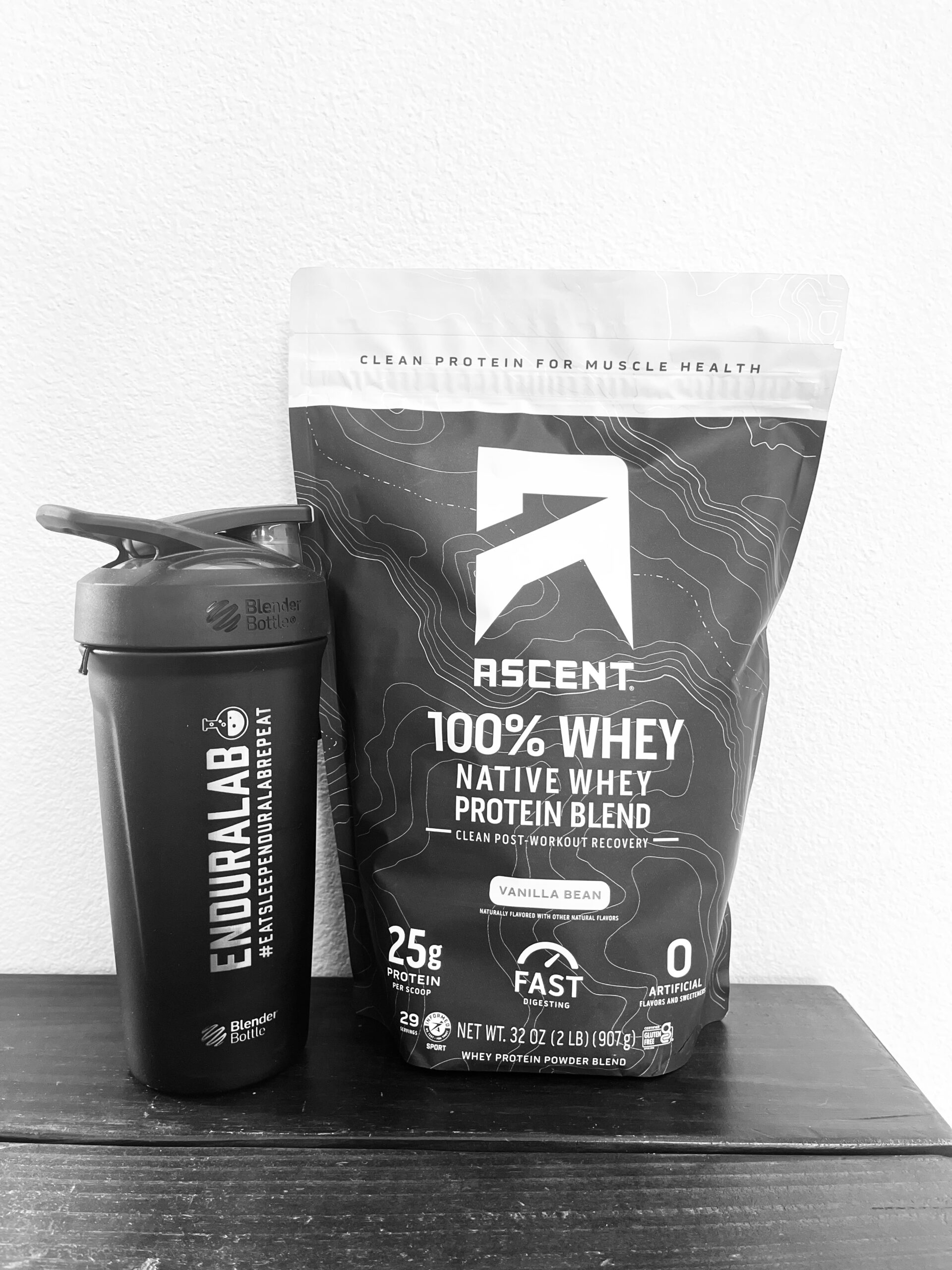When it comes to building muscle, protein is king. It’s the cornerstone of muscle repair and growth, making it an essential component of any strength training or fitness regimen. But not all protein sources are created equal—some offer more muscle-building power than others. Whether you’re a seasoned athlete, a fitness enthusiast, or just starting your journey, understanding the best protein sources can help you maximize your muscle gains.
In this guide, we’ll dive deep into the top protein sources for muscle gain and how to incorporate them into your diet for optimal results.
Why Protein Matters for Muscle Gain
Before we get into the best protein sources, let’s quickly cover why protein is crucial for muscle growth. Every time you hit the gym and challenge your muscles, you create tiny tears in the muscle fibers. Protein helps repair and rebuild these fibers, making them stronger and larger in the process.
The muscle-building (or anabolic) process is largely dependent on muscle protein synthesis (MPS)—the body’s ability to use dietary protein to rebuild muscle tissue. Consuming high-quality protein helps stimulate MPS, leading to faster recovery, increased strength, and ultimately more muscle mass.
What Makes a Good Protein Source?
When choosing the best protein sources for muscle gain, there are a few factors to consider:
- Complete Proteins: These contain all nine essential amino acids that the body cannot produce on its own. Complete proteins are generally more effective at promoting muscle growth.
- Protein Digestibility: Some proteins are more easily absorbed by the body, meaning they deliver amino acids more efficiently.
- Leucine Content: Leucine is a key amino acid that plays a major role in triggering muscle protein synthesis.
Now, let’s take a look at the top protein sources that check all these boxes.
1. Whey Protein
Whey protein is often considered the gold standard for muscle growth, and for good reason. It’s a complete protein with high levels of leucine, the amino acid responsible for jump-starting muscle protein synthesis.
- Fast Absorption: Whey is a fast-digesting protein, making it an ideal post-workout option when your muscles are craving immediate nutrients.
- High Biological Value: Whey is one of the most bioavailable protein sources, meaning your body can efficiently use it to repair and build muscle.
- Versatility: Whey protein powder is easy to incorporate into shakes, smoothies, or recipes, giving you a convenient option to increase your protein intake.
How to Use:
Consume whey protein within 30 minutes after your workout for optimal recovery and muscle growth. Mix a scoop of whey protein powder (about 20-30 grams of protein) with water, milk, or a plant-based milk alternative.
2. Eggs
Eggs are one of the most nutrient-dense and versatile protein sources available. Each egg contains roughly 6 grams of high-quality protein, along with a perfect balance of essential amino acids, including leucine.
- Complete Protein: Eggs are a complete protein, making them highly effective for muscle building.
- Leucine Powerhouse: One large egg contains about 1 gram of leucine, helping to drive muscle protein synthesis.
- Rich in Nutrients: In addition to protein, eggs are loaded with vitamins, minerals, and healthy fats, supporting overall health and recovery.
How to Use:
For a muscle-building breakfast, try scrambled eggs with vegetables or hard-boiled eggs as a snack. If you’re concerned about cholesterol, you can mix whole eggs with egg whites to boost protein intake while limiting fat.
3. Chicken Breast
Lean, affordable, and widely available, chicken breast is a staple in muscle-building diets. A 3-ounce serving provides around 26 grams of protein, making it a high-protein, low-fat option.
- Lean Protein Source: Chicken breast offers a large amount of protein without excess fat, making it ideal for those looking to build lean muscle.
- Versatility: Whether grilled, baked, or stir-fried, chicken breast can be seasoned and prepared in countless ways to keep meals interesting.
How to Use:
Incorporate chicken breast into lunch or dinner meals. Pair it with complex carbohydrates like brown rice or sweet potatoes, and add some veggies for a balanced meal that supports muscle recovery and growth.
4. Greek Yogurt
Greek yogurt is a great high-protein dairy option that offers a combination of fast-digesting whey protein and slow-digesting casein protein. This makes it perfect for promoting sustained muscle repair throughout the day.
- Casein & Whey Blend: The combination of fast and slow-digesting proteins in Greek yogurt helps keep muscle protein synthesis active for longer periods.
- High Protein-to-Calorie Ratio: A typical serving of Greek yogurt contains around 10-15 grams of protein, making it a nutrient-dense snack.
- Probiotics: Greek yogurt is also rich in probiotics, which support gut health—a key factor in nutrient absorption and overall well-being.
How to Use:
Enjoy Greek yogurt as a snack, in smoothies, or as a topping for fruits and granola. Opt for plain, unsweetened versions to avoid excess sugar and add your own toppings for flavor.
5. Lean Beef
Lean beef is not only packed with high-quality protein but also loaded with other muscle-boosting nutrients like iron, zinc, and creatine. A 3-ounce serving of lean beef provides around 22 grams of protein, making it a great option for muscle gain.
- Rich in Creatine: Beef is a natural source of creatine, which can enhance strength and power during workouts.
- Iron & Zinc: These essential minerals support energy production and immune function, both of which are important for maintaining consistent training.
- Complete Protein: Like other animal-based sources, beef is a complete protein with all the essential amino acids needed for muscle repair.
How to Use:
Incorporate lean cuts of beef like sirloin or flank steak into your meals. Pair with fiber-rich veggies and whole grains for a balanced plate that promotes muscle growth and recovery.
Honorable Mentions: Plant-Based Protein Sources
If you follow a plant-based diet or prefer plant protein, there are still plenty of options that can help you build muscle. While plant proteins are often incomplete (lacking some essential amino acids), combining different sources can ensure you get the full spectrum of amino acids needed for muscle growth.
- Lentils: A cup of cooked lentils provides about 18 grams of protein and plenty of fiber, making them a great plant-based option.
- Quinoa: This pseudo-grain is one of the few plant foods that is a complete protein, offering around 8 grams of protein per cup.
- Pea Protein: Often found in plant-based protein powders, pea protein is a great option for vegans and vegetarians looking to supplement their diet.
Conclusion: Power Up Your Muscle Gains with Protein
When it comes to muscle growth, choosing the right protein sources can make all the difference. Prioritize complete proteins like whey, eggs, chicken, Greek yogurt, and lean beef to ensure you’re getting the essential amino acids needed for muscle repair and growth.
By incorporating these protein sources into your meals and snacks, you’ll be well on your way to maximizing your muscle-building potential. Just remember, protein alone isn’t the magic solution—combine it with a well-structured workout plan and adequate rest to see the best results.
So, what’s your favorite protein source for muscle gain? Let us know in the comments below!



